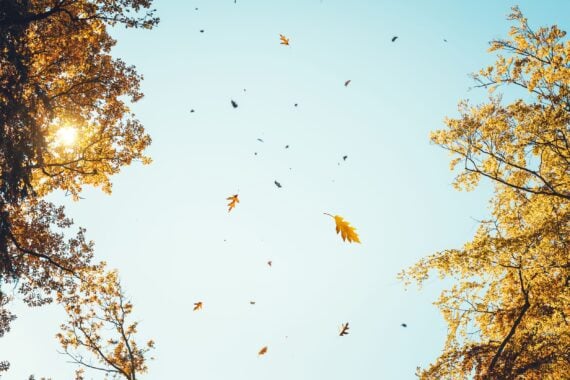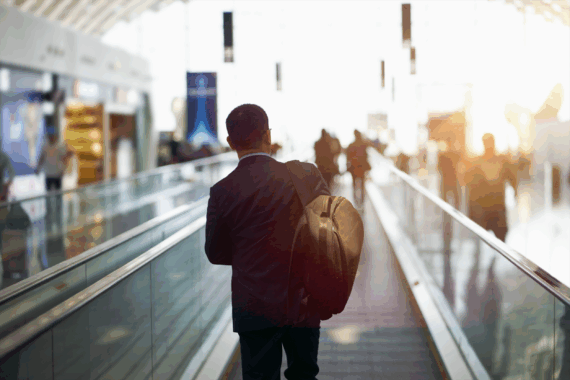The lovely weather and landscapes of fall come at a price: allergies. Ragweed and mold thrive when temperatures drop and the leaves turn, triggering allergy symptoms such as runny noses, sneezing, and coughing in millions of people. Fortunately, preventing and combating fall allergies doesn’t have to be difficult.
Related: Got Allergies? 9 Home Remedies to Try — and 1 to Skip
Get Rid of Dead Leaves
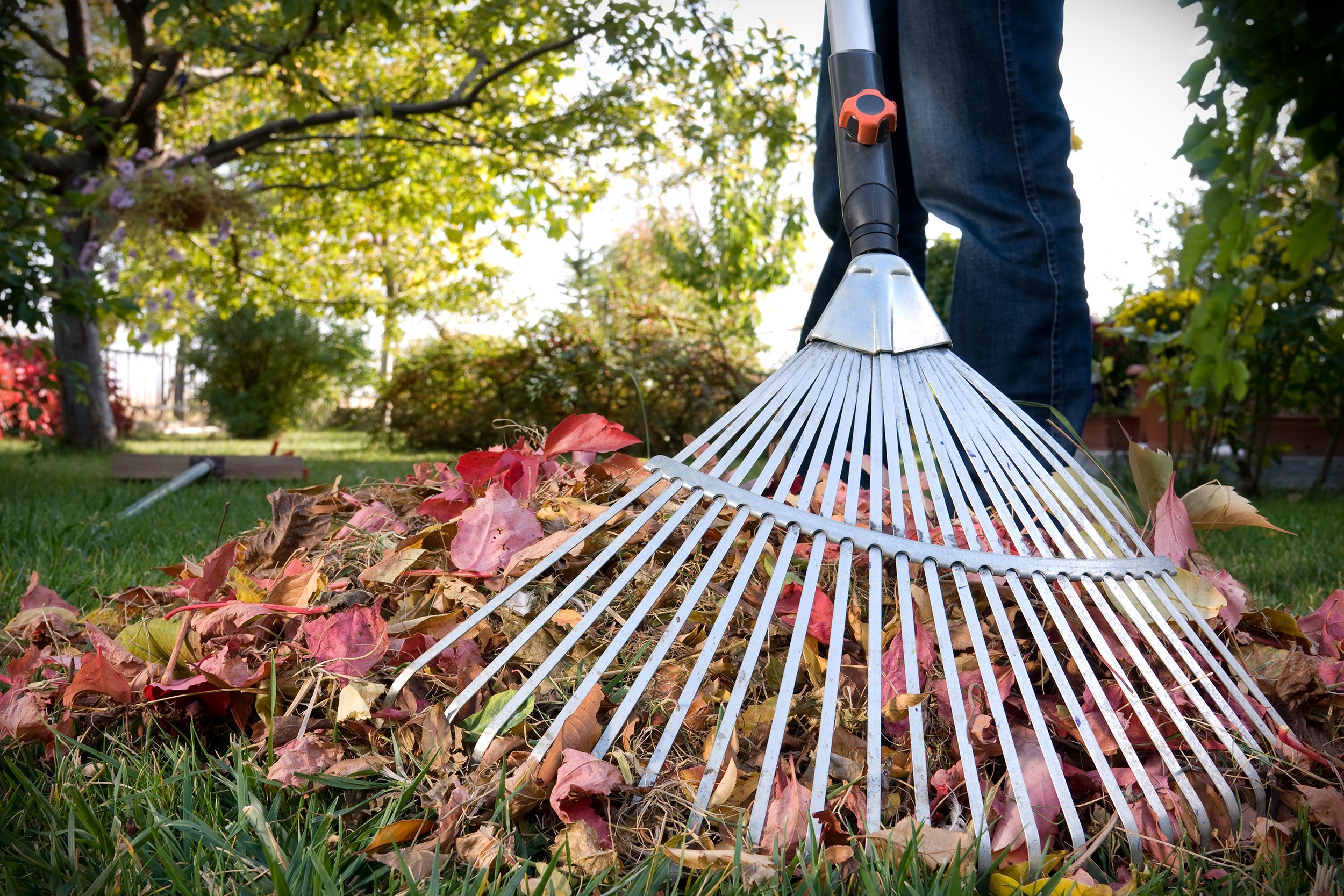
Decomposing leaves tend to accumulate moisture, causing mold to form. Raking them, or even being near them, can trigger allergic reactions, so consider having someone else remove them if you’re especially sensitive.
Kill Mold Spores in a Car’s AC
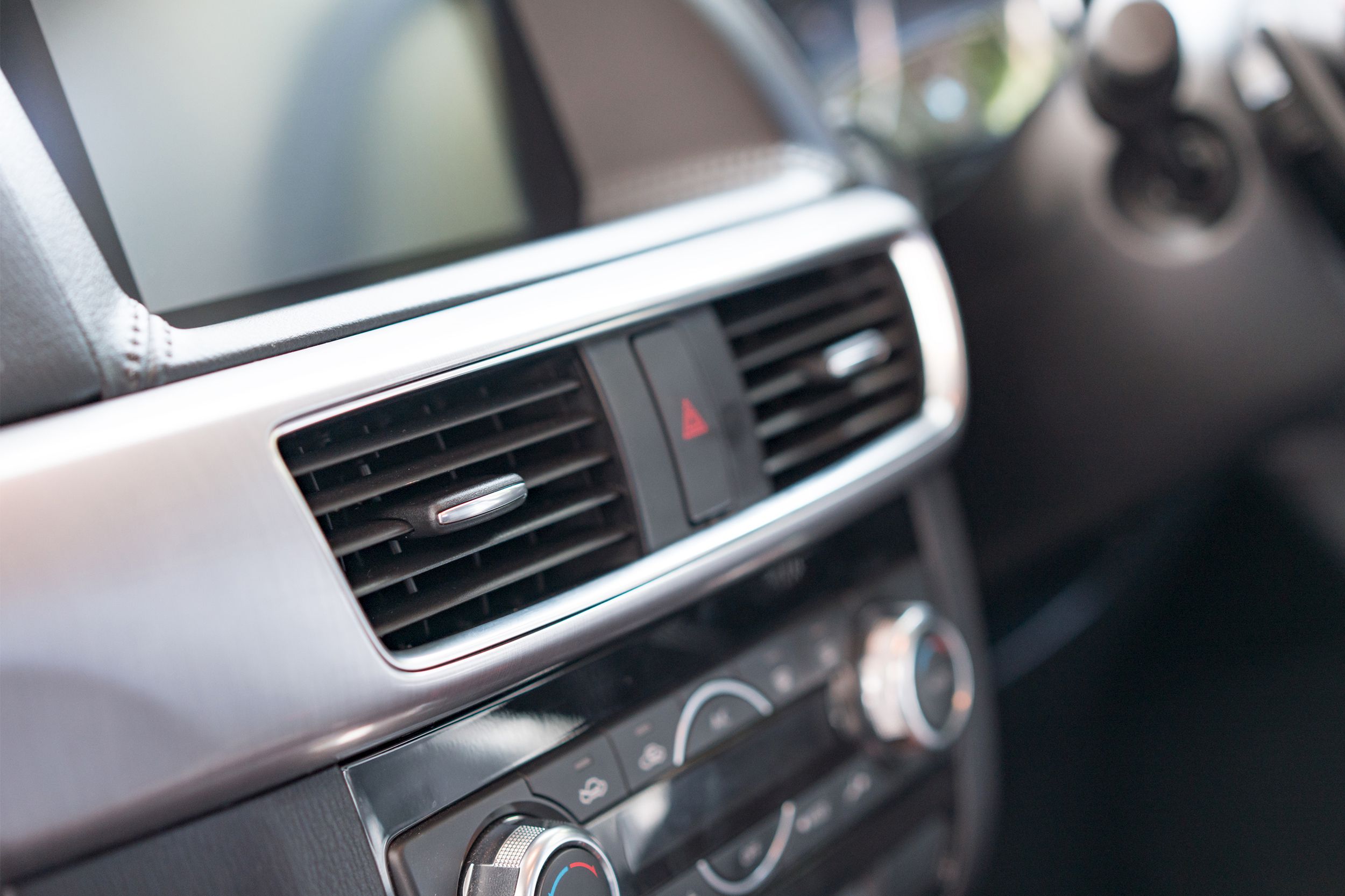
Mold spores tend to accumulate in car air ducts in the fall, resulting in allergic reactions and some seriously bad odors. Fortunately, ridding a car of mold and other allergens with an air duct treatment spray is easy and cheap — about $8 from Autogeek.
Avoid Drying Your Clothes Outside
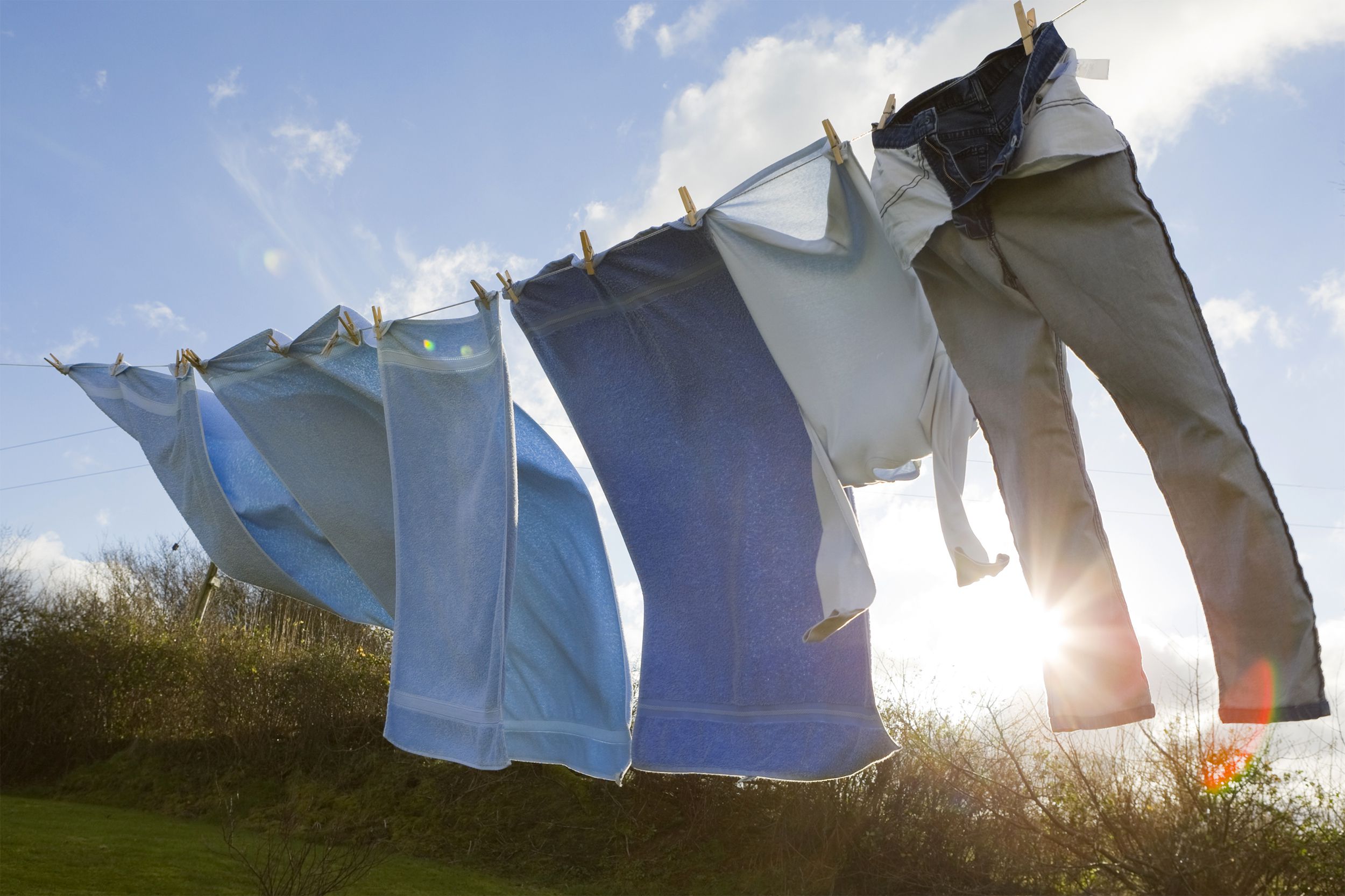
Drying clothes outside can save a bit of money and avoid wear and tear on a dryer, but it’s also a perfect way for allergens to attach themselves to clothing that will end up indoors. Stick with the machine dryer, and make sure to wash clothes that have been outside for extended periods.
Buy a HEPA Filter for Your Room
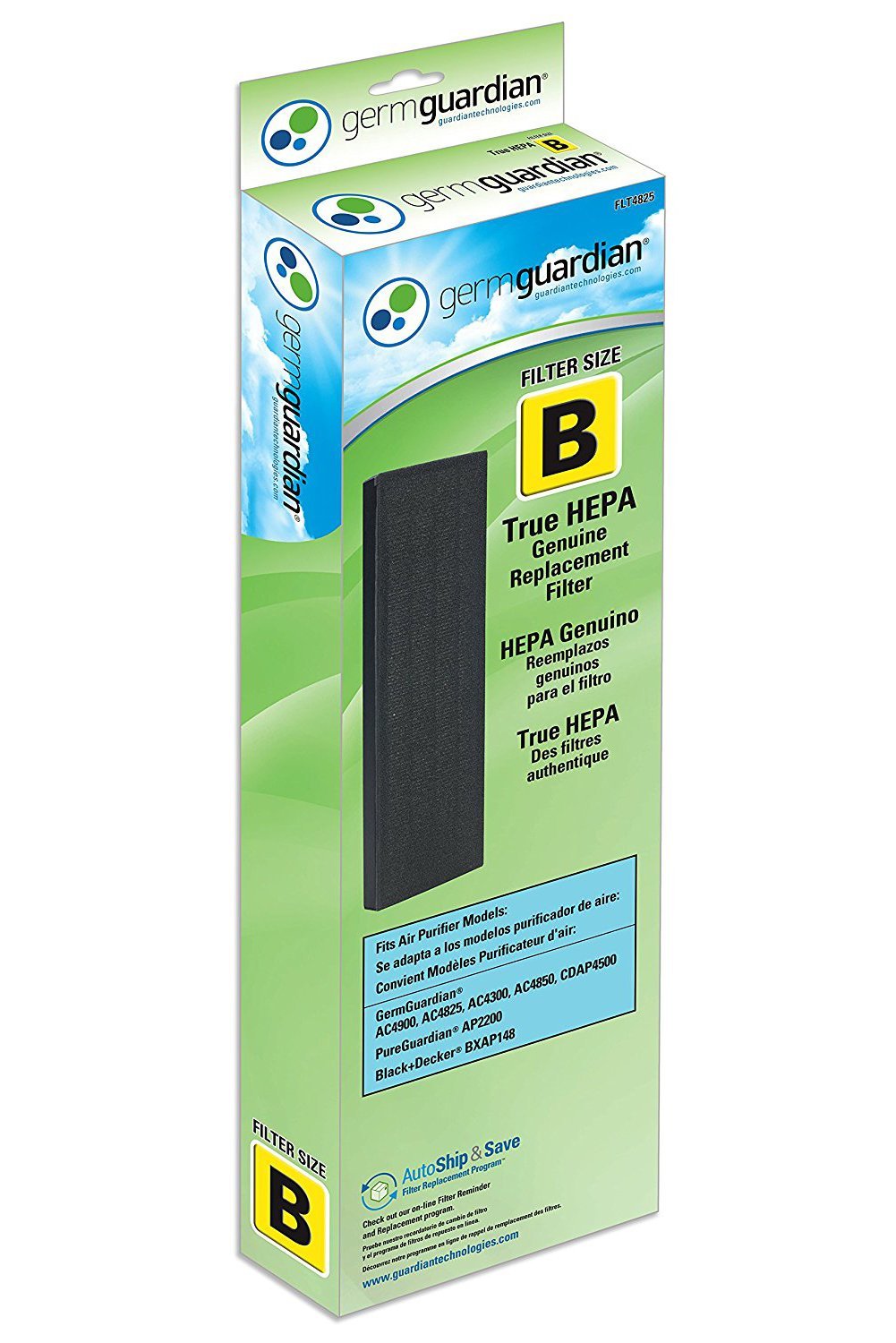
High-efficiency particulate air filters work by forcing air through a fine mesh screen, trapping allergens and other particles. These filters are great at removing airborne particles from a room and generally cost from $55 to $300 at sellers including Amazon, Walmart, and Costco. Don’t rely on the filters to neutralize allergens found in carpets or clothes, though.
Related: Best Cheap Air Purifiers
Take Antihistamines

The easiest route to an easy-breathing fall season is through antihistamine medication, which reduce allergy symptoms. Nasal sprays such as Flonase and Nasonex are “the best, first option,” Consumer Reports says, but take time to work: newer, so-called “second-generation” antihistamines that include Allegra, Clarinex, and Claritin cause less drowsiness. Costs vary widely.
Trending on Cheapism
Stay Indoors When Pollen Counts Rise
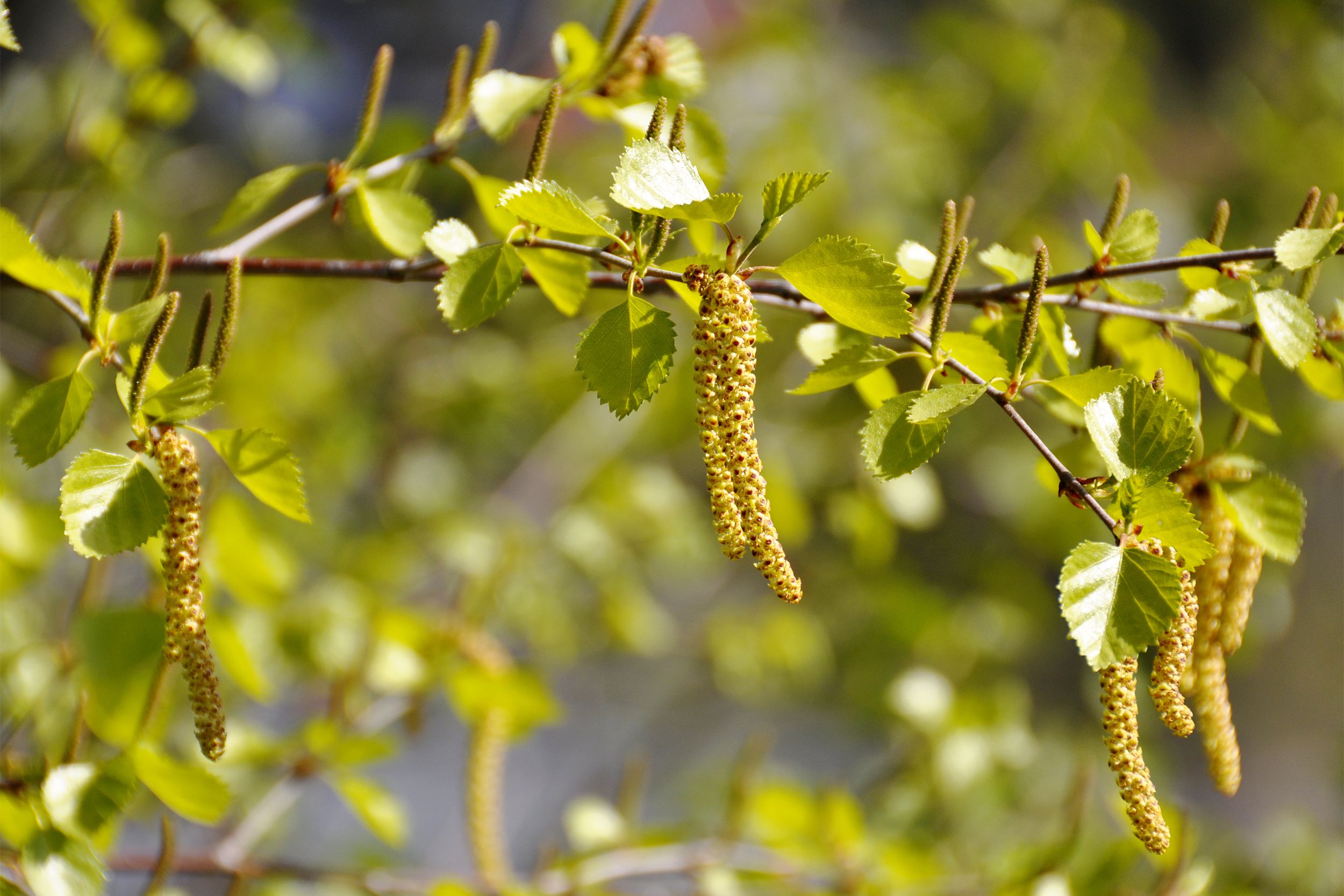
Most cities have online resources that publish up-to-date pollen counts, so check regularly and avoid going outside when it rises. If venturing outside is a must, consider wearing an antimicrobial mask (individual masks are $16 at Walmart) and make sure to keep car windows rolled up.
Buy a Dehumidifier
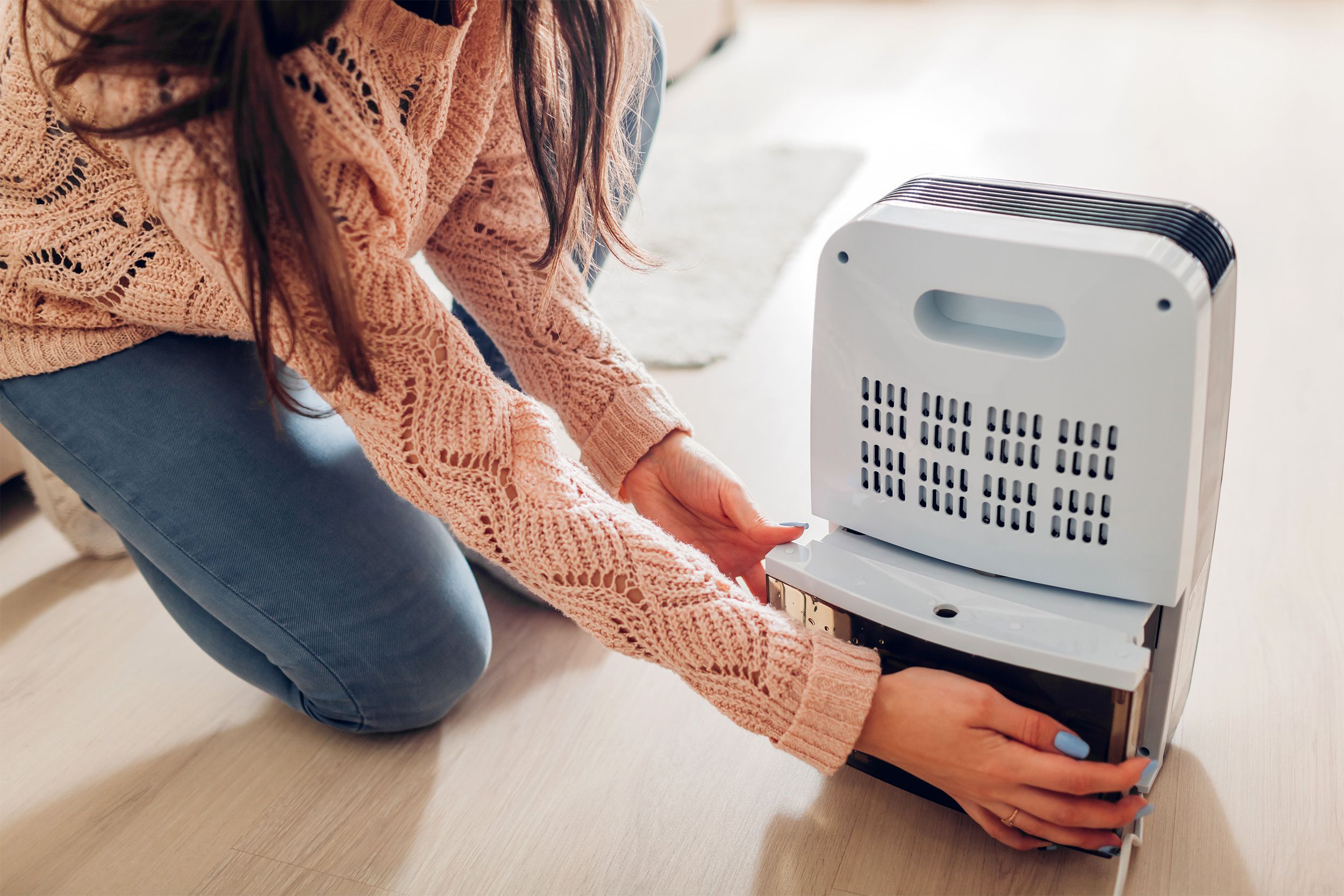
Allergens such as mold and mildew thrive in humid environments. Making a house inhospitable to such allergens can be as easy as setting up a dehumidifier — just be sure the size of the machine is appropriate for the size of the space.
Keep Sheets Clean
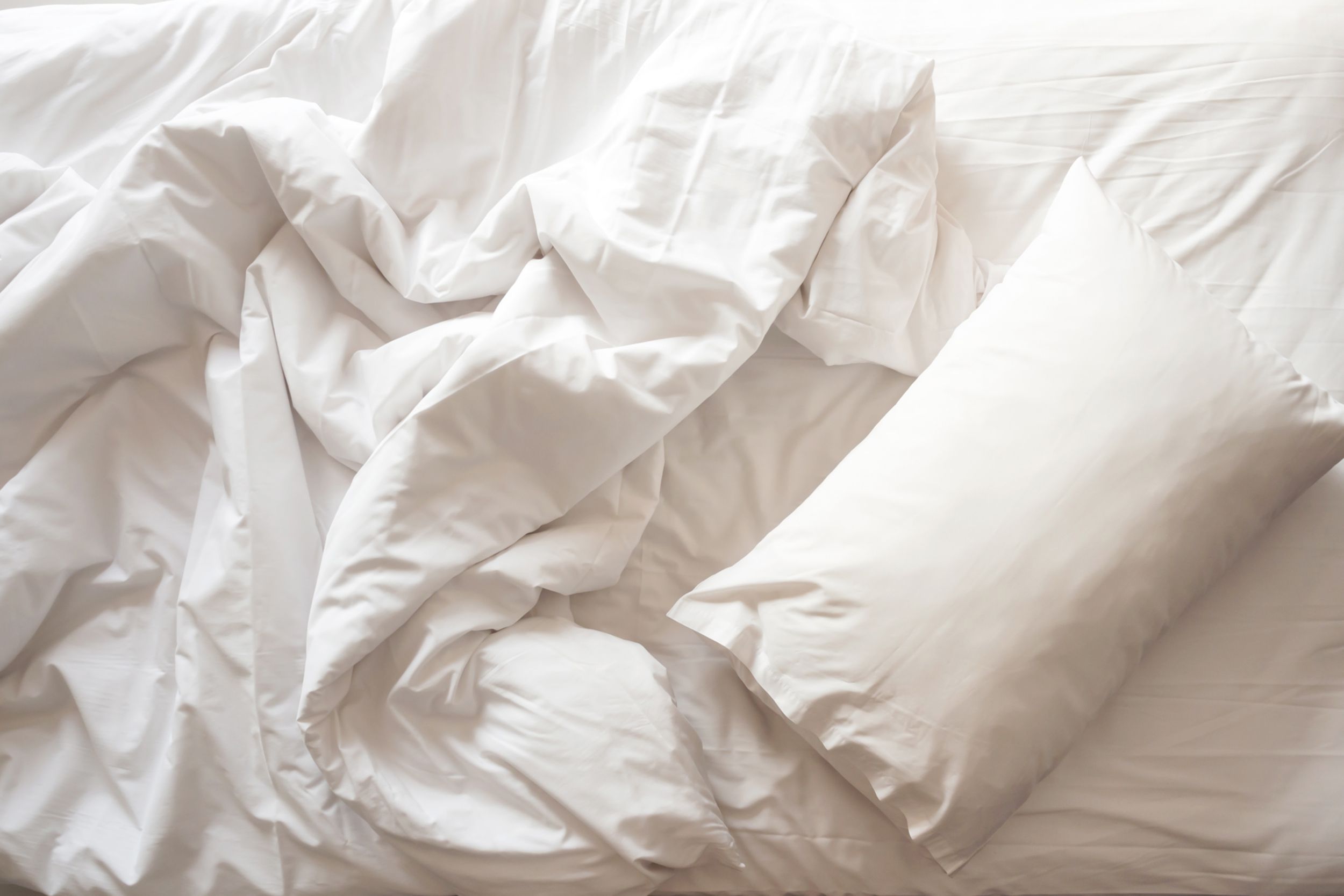
Pollen sticks to just about everything, including your body. Avoid pollen buildup in the bedroom by showering before touching your mattress, and regularly washing sheets in hot water.
Sign up for our newsletter
Protect Your Face and Eyes

Pollen and mold spores trigger allergies when they land on the mucosa of the lungs, nose, and eyes. The most straightforward way to prevent allergies is to make sure this contact never happens. In addition to microbial masks, a simple hat and pair of sunglasses can do the trick — the bigger, the better.
Take Off Shoes and Coats at the Door
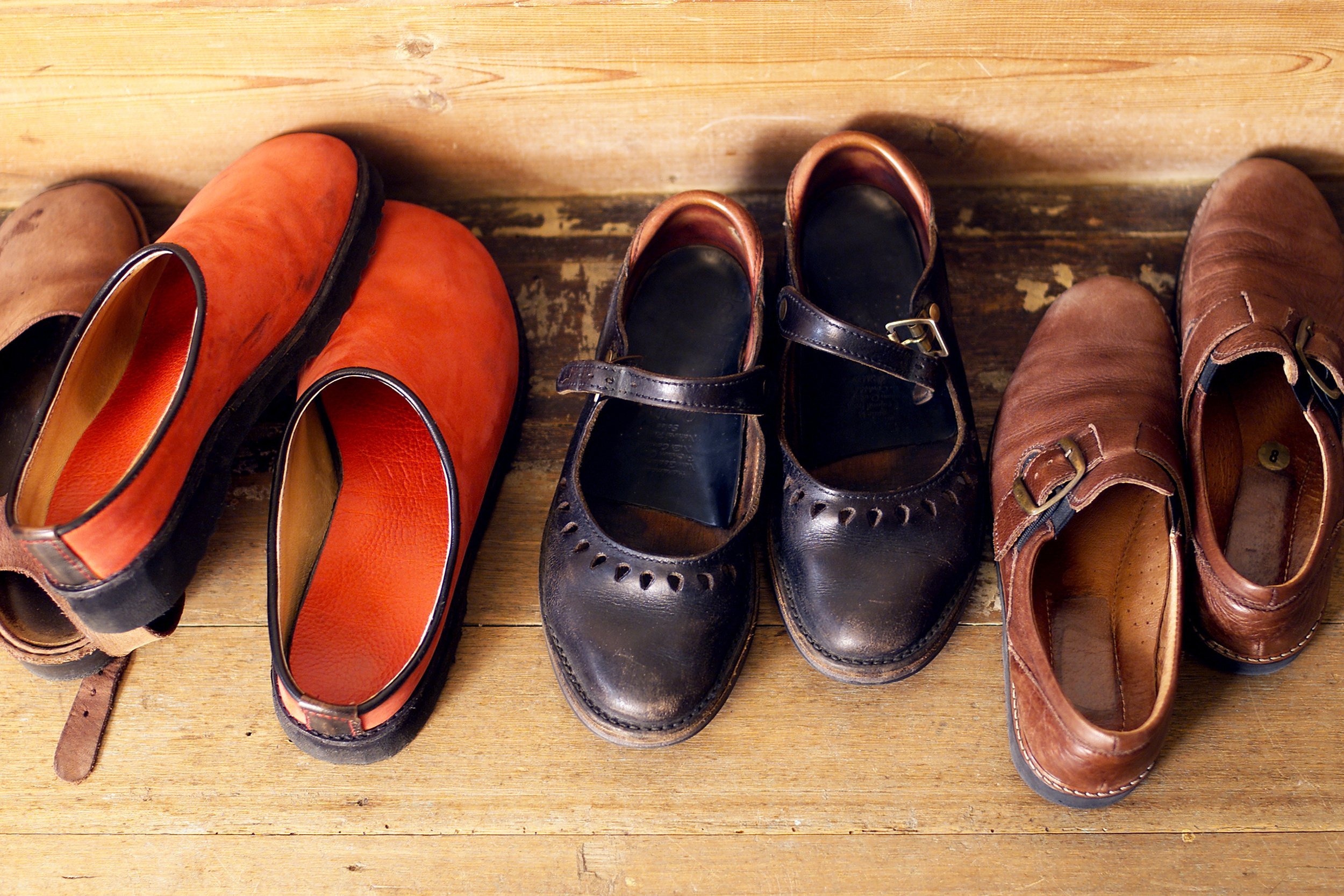
Outerwear can carry tons of pollen, so consider making it a rule to leave all shoes and coats by the door. It might be annoying at first, but the rest of the house will probably end up cleaner for it.
Keep Outdoor Pets Clean
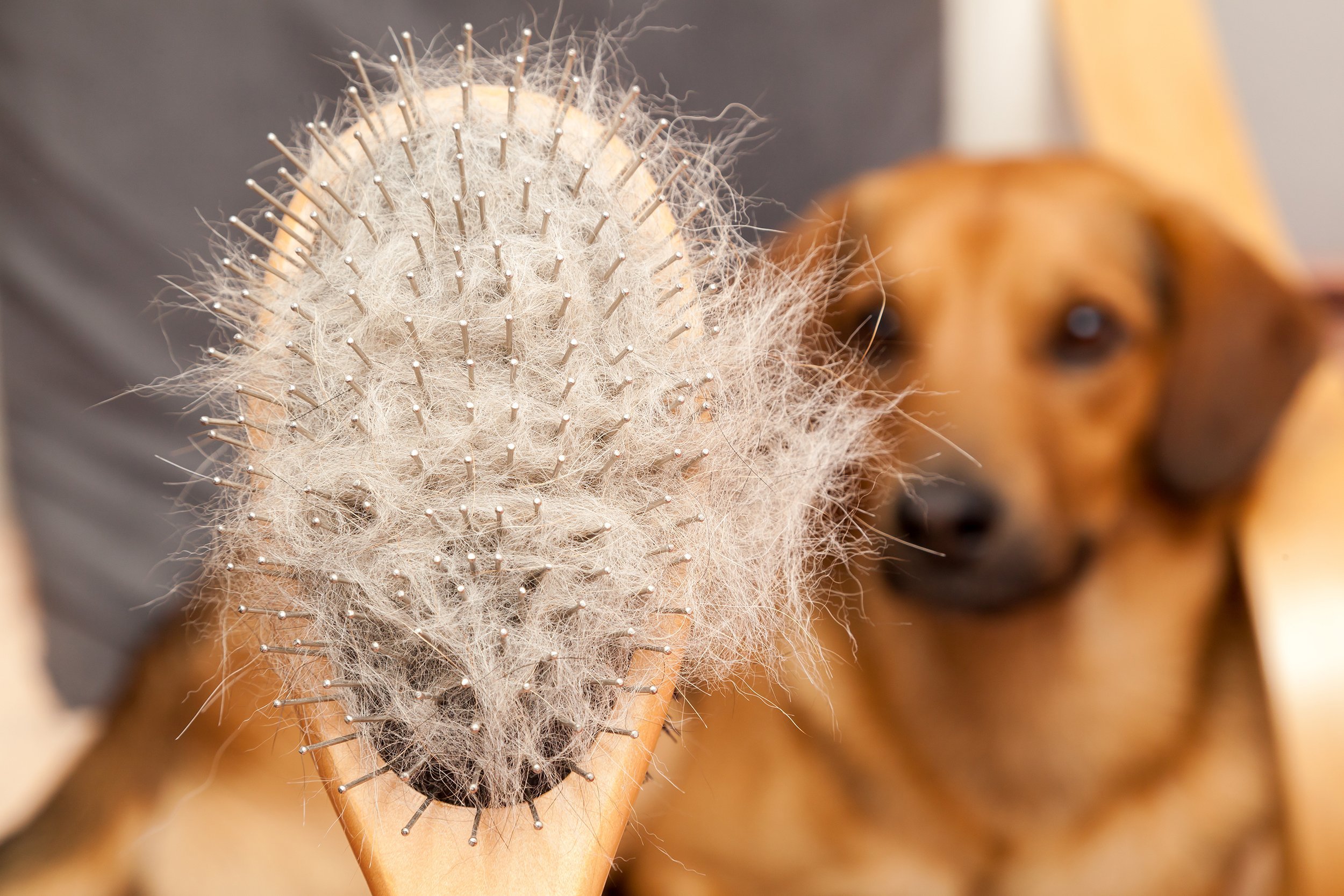
Indoor/outdoor pets are arguably the worst offenders when it comes to pollen trafficking. When bringing them inside, give them a brush, wipe their paws, and vacuum the areas near the door.
